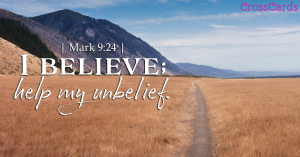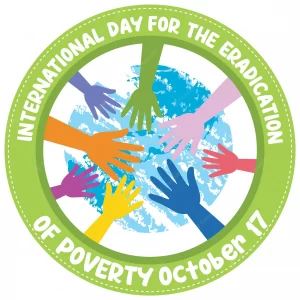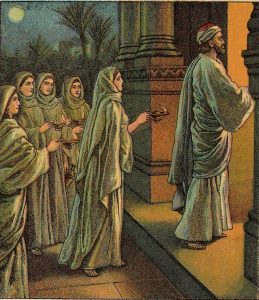Among us, human beings, relationships are of many kinds – family, friends, colleagues, neighbors, etc.
Somehow, we find it normal that there be special ties between ourselves and other people who are part of our lives.
The amazing thing is that… God feels the same!
From all times, God has wanted to establish a special relationship with human beings.
This is what the 1st reading of today’s celebration is about (Genesis 9:8-15).
This text reveals to us that God wants us to be united to him in a special way.
He has called human being to enter a covenant with him.
Throughout history, people have made covenants:
kings, emperors, monarchs, have concluded specific agreements with one another.
These alliances were promises of mutual help, exchange of goods, respect of borders, support against common enemies, etc.
God has done something similar with us, and for us.
He has made a promise of giving us his special help and ongoing protection.
“Then God said to Noah and to his sons with him:
“I now establish my covenant with you.
and with your descendants after you,
and with every living creature on earth…
I establish my covenant with you”.
 And, as if God was aware that we need signs, he gave us a clear sign of his commitment: the rainbow.
And, as if God was aware that we need signs, he gave us a clear sign of his commitment: the rainbow.
He, himself, said:
“This is the sign of the covenant I am making between me and you,
and every living creature with you,
a covenant for all generations to come:
I have set my rainbow in the clouds,
and it will be the sign of the covenant between me and the earth”.
We know with certainty that God cannot fail to fulfil his promise.
We can rest assured that we SHALL receive – at all times and in all situations – his protection and assistance,
whatever our needs may be.
Can HE rest assured that we will also be faithful to the covenant we have accepted to have with him?
Next time we see a rainbow in the sky, we could ask ourselves again?…
And, of course, thank him for his faithfulness!
Note: Another text is available on a different theme, in French, at: https://image-i-nations.com/1er-dimanche-du-careme-annee-b-2024/
Source: Image: pexels.com (James Wheeler)
 Human Trafficking 2024
Human Trafficking 2024 This is what happened when I read the 1st reading of today’s celebration (1 Samuel 3:3-10.19).
This is what happened when I read the 1st reading of today’s celebration (1 Samuel 3:3-10.19). Someone we are ready to commit ourselves to… for better or for worse?
Someone we are ready to commit ourselves to… for better or for worse?


 Such situations are not serious and of not much consequence.
Such situations are not serious and of not much consequence.


